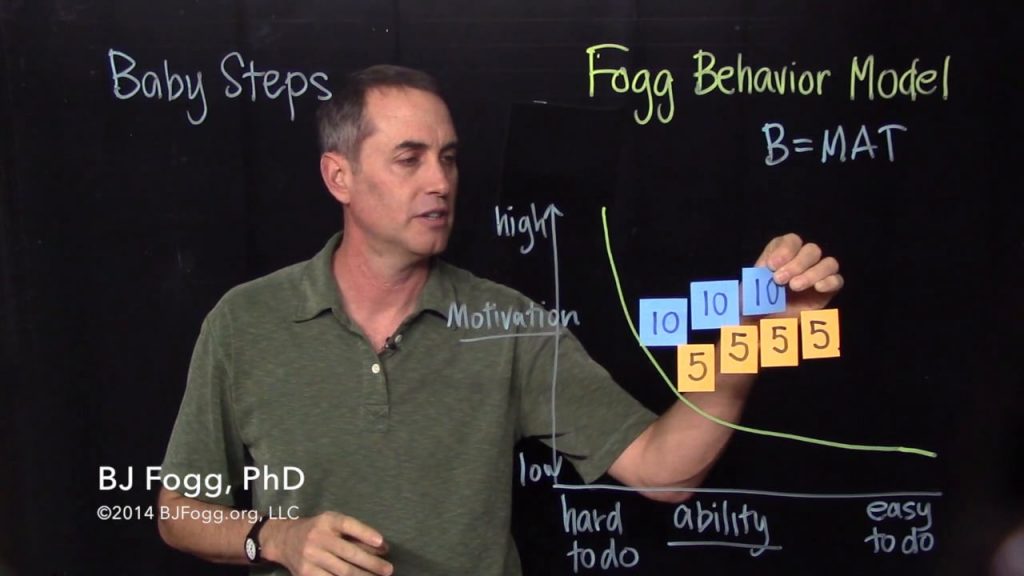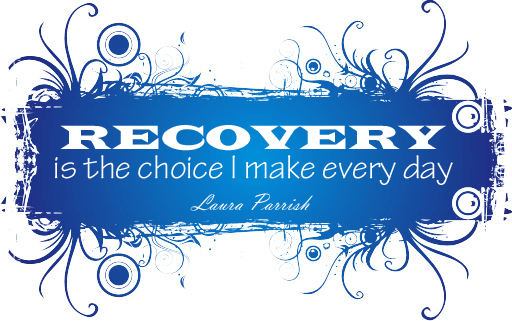The Fogg Method; Just Another Fallacy About Hacking Habits?
LifestyleNewsWellness April 26, 2025 Damon Mitchell

For the record (and for the last time), there is no 21-day guarantee, where anything you do for 21 days means you’ve got a habit locked. Nothing ensures that you will maintain any behavior. Anyone who has quit an addiction or maintained a lifetime fitness habit can attest, the cold, ironic truth of habits is that only regular execution makes them so.
As one with a personal fascination with the subject, I consider myself something of an expert, so when I read about B.J. Fogg’s method in Quartz, I sat up.
Actually, the first thing I did was roll my eyes. Here we go, I thought, another crackpot formula for habits from someone selling a book. Perhaps, but Fogg is no snake oil salesman. Where I have a pet interest in the subject, the man has decades spent on research of habits.
When I compare Fogg’s method to what I’ve found actually works, it stands as good advice in parts, but I stand by my position that nothing will guarantee your behavior but your regular recommitment to it.
First a quick rundown on the observed science behind habits.
The Science of Habits

(source: alifeofproductivity.com)
Charles Duhigg is one of the foremost experts in the field of habit. He wrote a book, The Power of Habit, a worthwhile read if you’re interested in the subject. In that book, he defines the science and suggests ways to rewire your habits.
In a nutshell, your habits break down to a few fundamentals, called the habit loop. The loop consists of cues, routines, and rewards. There is a stimulus that triggers action from you. When rewarded, that reward reinforces the behavior, hardwiring it into your habits.
A simple example is the hunger habit. You’re cued by the feeling of hunger, then you follow the routine of eating. The satisfaction from eating, the dopamine released in your brain, these things seal the value of the behavior. Those are your rewards.
Hunger is an easy habit to master, but imagine if you had to relearn how to satisfy that hunger every time you felt it? Habits make life easier. Other habits, like exercise, are harder to wire.
Using the the cue, routine, reward habit loop you can, in theory, hack your brain. I speak anecdotally from my experience teaching Duhigg’s method. The techniques work, but only if the person executing the behavior changes has motivation to change.
Desire for change isn’t enough. There has to be pain behind it. We’ll come back to that.
Fogg’s Method

(source: vimeo.com)
B.J. Fogg’s method is more microscopic than Duhigg’s but not necessarily more effective.
Fogg, a psychologist from Stanford, takes cues from the tech industry. He considers the way companies like Facebook went from nonexistent to essential in our lives. It’s a matter of creating small changes in behavior, then escalating those behaviors until you’ve immersed yourself in a new habit.
It’s hard to capture in a paragraph or speak to every situation, which is why Fogg provides recipes for commonly desired behavior changes.
Behaviors start as small commitments, like tying your laces could one day lead to working out or how taking walks may help carve out time for meditation when you’re ready.
What I like about Fogg’s method is what it echoes about my approach, of course. As I teach it, the first goal for any habit is to get your foot in the door.
Using the example of fitness, it’s easier to create the habit of driving by the gym than committing an hour every day. A habit of driving by, one can mold into a habit of working out inside the gym in for five minutes.
One can further push that habit by adding minutes, rewarding behavior, but again, the first habit change is the first mountain. It’s harder than we think to just drive by the gym every day if it’s not routine.
Take Advice From Addicts

(source: lauraparrish.com)
So, is the Fogg method a fallacy? It’s a good plan, but the best laid plans of mice and men often fall apart at the slightest bump. We don’t change our habits until our current set of habits hurt.
Pain is a great motivator for change. The better question to ask about is, how much pain must you experience before you will make a change?
If you talk to addicts, they can bring you to tears about the losses they’ve suffered before finally getting help. The dogmas they now follow to stay away from those old habits vary, but one factor is the same. They hold that every moment of every day is a chance to make a new choice.
Life is an endless serious a moment-to-moment decisions to stay on the path. Those less desirable choices may not always be prescient in the mind of the addict, not after they get some time, but the option to make a different choice is always a moment away.

(source: huffingtonpost.com)
Life would be so much easier if it were switches and buttons in our minds. I’d have a switch for my temper, another for my sugar cravings. They’d both be in the off and locked position for the remainder of the flight.
There is something about habits we have to understand if we want to create a change, but no plan is a sure thing. You may need to feel pain before you’ll move.